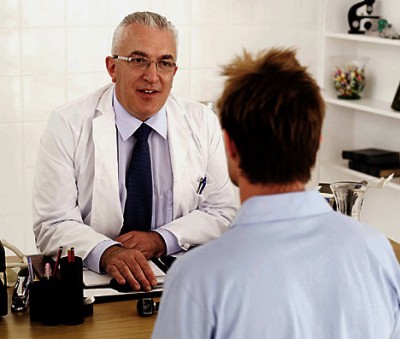Kidney cancer treatment
Kidney cancer treatment: Planning for treatment

Kidney cancer treatment. The process of establishing its diagnosis is fast since the symptoms are identifiable much faster than other types of cancer
Planning for kidney cancer treatment begins immediately the correct diagnosis is established. During your kidney cancer treatment, you will want to gather all information to be more informed about any decision you make thereafter. From the expert’s opinion at AWAREmed health and wellness resource center under the leadership of doctor Dalal Akoury, after the diagnosis, you will need more specialists for this treatment. Some of the specialists may include an urologist, a medical or radiation oncologist, or a surgeon. Getting a second opinion may also be necessary just to be sure.
Kidney cancer is one of the most common cancers to undergo spontaneous remission. However, it is worth noting that there are several standard types of treatment for kidney cancer with surgery taking the first step. Sometimes after removing the tumor through surgery, your doctor may suggest an extra treatment to kill any remaining cancer cells where need be.
Kidney cancer treatment: Surgery for kidney cancer
Depending on the level and advancement of the cancer, the following types of surgery may be applied:
- Arterial embolization involves inserting material into an artery that leads to the kidney. This blocks blood flow to the tumor. The procedure is essential in shrinking the tumor before surgery.
- Cryotherapy – this uses extreme cold to kill the tumor.
- Partial nephrectomy – this removes the cancer in the kidney along with some tissue around it. It is most suitable for patients with smaller tumors of less than 4 cm.
- Radical nephrectomy – this is the most common surgery for removing the kidney, adrenal gland, surrounding tissue as well as removing nearby lymph nodes. The exercise can be done through a small incision with a laparoscope.
- Radiofrequency ablation – uses high-energy radio waves to “cook” the tumor.
- Simple nephrectomy removes the kidney only.
Biologic therapy for kidney cancer
Biologic therapy applies your immune system in fight cancer by boosting the immune system and restoring the body’s natural defenses. Biologic therapy for metastatic kidney cancer examples include interferon alpha or interleukin-2.
Kidney cancer treatment: Targeted therapy for kidney cancer
This type of therapy uses drugs and other substances primarily to find target cancer cells with less toxicity to normal cells. Like for instance, anti-angiogenic agents will keep blood vessels from feeding a tumor thereby frustrating its growth or shrinking.
The other targeted agent is the multikinase inhibitors/tyrosine kinase inhibitors which are oral drugs blocking the enzyme pathway which allows cancer cells to grow.
The third type of targeted therapy is m-TOR inhibitors. They are categorized into two, one used orally and the other by IV. Their work is to block a pathway which allows blood vessels to help tumor cells grow. They are both essential in the management of advanced kidney cancer.
Radiation therapy for kidney cancer
This is essential in helping with symptoms of kidney cancer. It also helps patients who cannot have surgery. The treatment uses high-energy X-rays among other types of radiation to kill cancer cells or halt their growth.
Chemotherapy for kidney cancer
The treatment method uses drugs to kill cancer cells. It also stop their multiplication. However, chemotherapy is mostly used for a certain type of kidney cancer in which there spindle cells. These are some of the cancer treatment available and you can always consult with experts’ at AWAREmed Health Center for more professional advice.
Kidney cancer treatment: Planning for treatment






